I was twelve and friendless. Negotiating the borders between childhood and adolescence is dangerous territory and I had found myself cast to the outer fringes of the class in my new school.
School quickly became a purgatory of loneliness. I survived thanks to after-school camaraderie at the golf course, and a tight-knit family. But it was psychologically tough, and I just wanted a friend.
I became rather obsessed with a boy who took the bus to a different school from mine from the stop on the other side of the road. He was fair, like me, and seemed pleasant.
I never found an opportunity to say ‘hi’ but I was still conscious that my behaviour, and longing, felt odd.
I never found an opportunity to say ‘hi’ but I was still conscious that my behaviour, and longing, felt odd.
One day, a year or two later, I was listening to talkback radio, and they were doing a segment on being gay. This was at a time when homosexuality was still illegal in New Zealand, but the discussion had enough in it to raise big questions for me.
At my school, any guy interested in art routinely got called a “poof” and now I knew what it meant. I wondered if I should ring in and wrestled with the urge to do so for the rest of the segment. Eventually my reticence got the better of me. Nor did I ever talk to anyone about this. It was the 1970’s and I was a guy. Nevertheless, I carried forward a nagging uncertainty about my sexuality.
That uncertainty ceased abruptly one summer afternoon when I was sunbathing at Karekare beach on Auckland’s wild west coast. The early seventies were still basking in the afterglow of the swinging sixties, and young people were pushing the bounds of what New Zealand’s straightlaced society could deal with.
I happened to look up and noticed that, walking down the beach, chatting to a guy, was a rather beautiful, and very topless young woman. All of a sudden, I became acutely aware of the difference between the female nude in art (my only previous experience with it) and the embodied reality.
In the time it took for her to traverse the beach, any doubts about my sexuality were well and truly banished. It was a long time before I could leave the safety of my beach towel.
It was a long time before I could leave the safety of my beach towel.
I have since pondered what would have happened if I had rung in to that talk-back show. I imagine I would have received encouragement and validation. I might have subsequently felt the urge to ‘come out’. Based on what I knew at the time it would have seemed a logical thing to do.
It was only later that I could tell that my obsession was not in the least sexual, but simply a desire for friendship. But would I have been able to unpick those decisions later on? It would not have been easy.
It must be even more difficult for children today to negotiate these same issues. On the one hand, we are much more open and there is much more information, but equally I think there may be more pressure on children to cement identity at a younger age.
Based on my own experience, I am not sure whether this is a good thing or not. It is surely important to grant children the freedom to find their own paths, and to leave them a degree of fluidity that enables identity to emerge organically. But at the same time, can too much freedom and fluidity leave a child floundering?
It is surely important to grant children the freedom to find their own paths — but can too much fluidity leave a child floundering?
Should we keep children gender fluid until they are capable of deciding for themselves, or are we better to give them accepted gender roles at the beginning, but leave room for them to explore and perhaps diverge later on?
This is an issue that today’s parents and children must have to negotiate, and I doubt that it is easy to get right. And I certainly don’t have any easy answers.
As parents, my wife and I concentrated on giving our children real choices where we were comfortable with them choosing any option. They were never given a choice about things like whether they wanted to sit in a car seat. I think that gave a degree of security, on the one hand, and confidence in their choices on the other. It would be on that basis that I would probably not try to go against prevailing gender norms were I parenting today.
However, I’m getting old, and currently debates around identity tend to feel like they are at a bus stop going to a different school. I would like to be able to talk to them, but I don’t yet have the courage.
Still, if reliving this story has taught me anything it is simply that it is not always bad to park difficult problems and live with them for a while. Sometimes they just resolve themselves in beautiful ways.

Each vignette invites readers to embrace the beauty of unfinished thinking and the art of holding life’s ongoing questions.


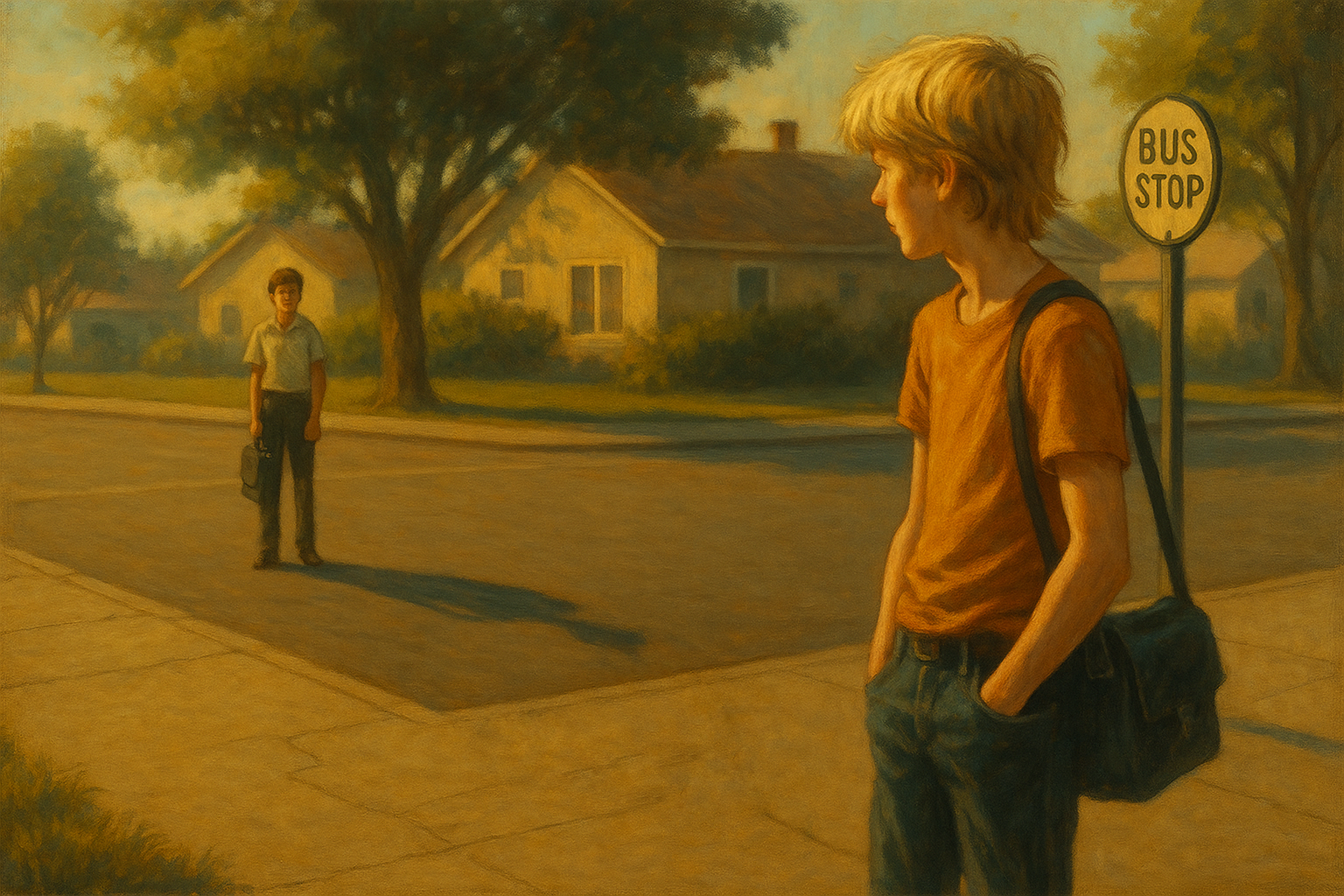
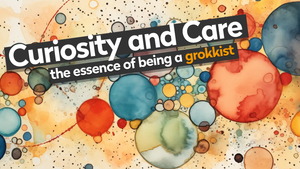



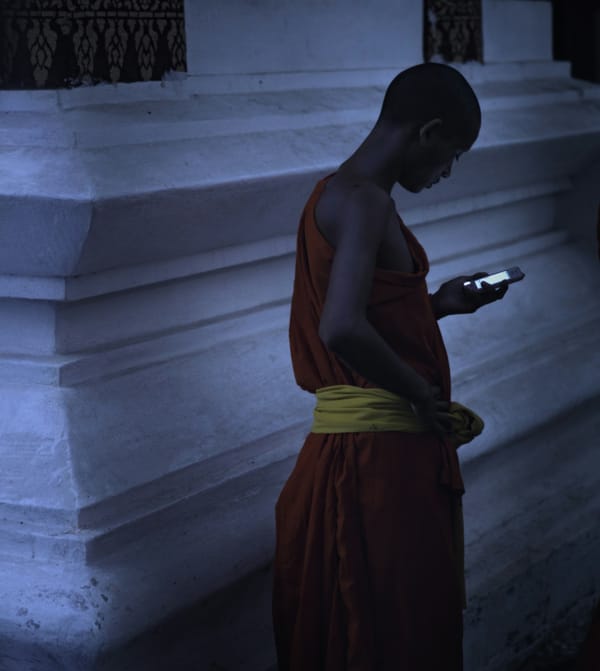

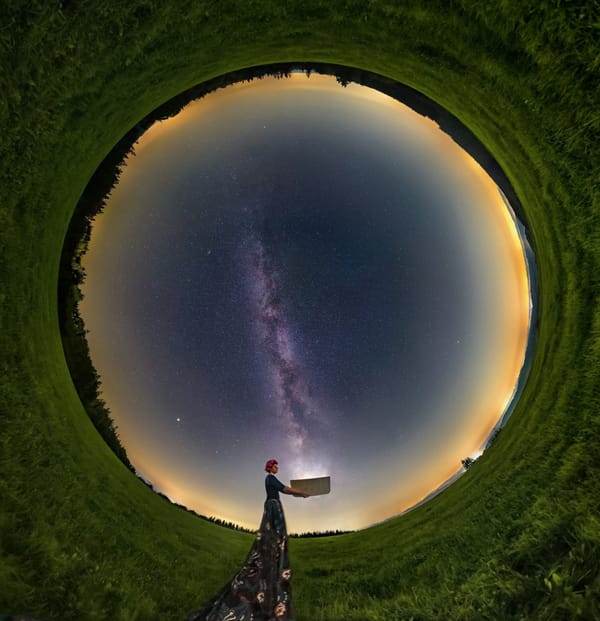
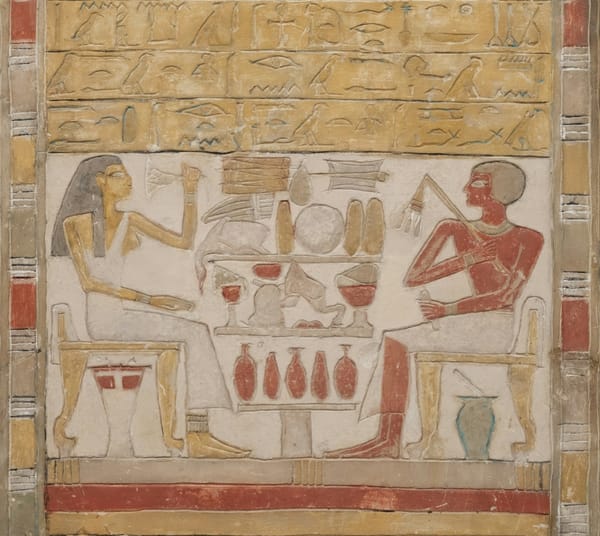
Member discussion